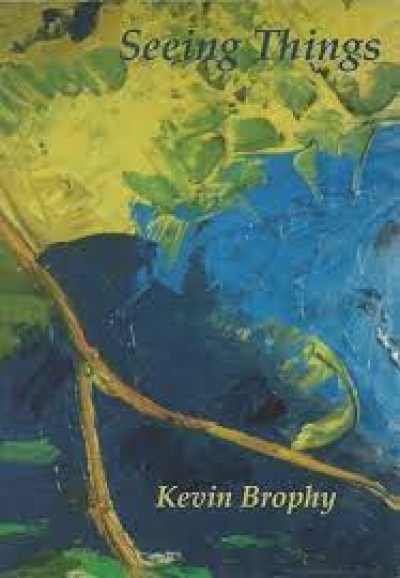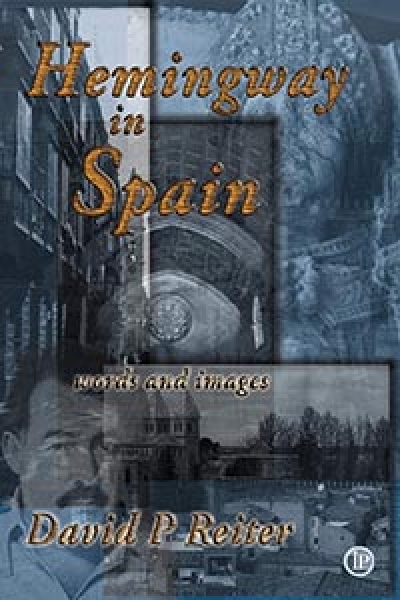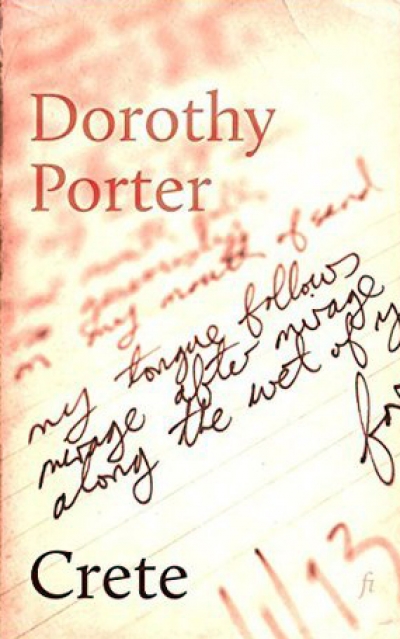Poetry
Every so often you come across a book of poetry which is just plain friendly, a book without tensions or terrors or angst to seize you – but which is consistently good poetry throughout. Seeing Things is such a book. It is so accessible in its straightforward diction and low-key tone that reading it is to feel very much spoken to, acknowledged. This is not a poetry foregrounding language or form so much as a series of poems which almost coalesce during reading into an intimate reportage of the quotidian. Intimate in the sense of almost being there, sharing the observations. It is language as transparency. From ‘Painting Session’ referring to the poet’s two-year-old daughter:
... (read more)This is Caroline Caddy’s sixth collection of poetry. It comes to us after her well-received Antarctica, which the publicists mention in terms of her interest in ‘hinterlands and extreme landscapes’. Working Temple is not so much about that, it seems to me, as the sensual encounter one might have with exotic puzzles and puzzlement. It is a collection that almost advances a notion of experience as a temple within which the signs of that experience are worked and worked again.
... (read more)In Tracy Ryan’s poems there are no safe houses, the walls of domesticity keep falling in and she is the clear-eyed tightrope walker negotiating a perilous foothold. Her lines zigzag across the page:
... (read more)Mortal Divide: The autobiography of Yiorgos Alexandroglou by George Alexander
Mortal Divide is an anti-oedipal odyssey, Joycean roman à clef, migrant memoir, and Orphic mini-epic. Nemerov’s self-reflexive Journal of a Fictive Life is one of its inspirations. George (Yiorgos) is a first-generation Greek translator working at the Multicultural Broadcasting Service. Victim of the media machine, he begins to hear and see things that aren’t ‘real’, including his spectral double Yiorgos Alexandroglou, and plunges videoleptically into dreams whenever he closes his eyes.
... (read more)When a poet reviews a poetry magazine, it can be like walking out over a virtual minefield. I have a few more books to write before they take me out, so let me say straight away, I come in peace. These are cynical times, so maybe nobody will be taken in by this tone. After all, Salt is published and edited by John Kinsella, a highly successful poet who has established himself in record time. Let’s face it, this is poetry as strategy. As Hilary McPhee pointed out, the literary community in this country can be particularly vicious, and if anyone tries to hose that down they are having themselves on – the response McPhee got in relation to what she actually said proves the point really. It doesn’t have to be bland and polite though. There has been a lot of talk about the careerist approach to poetry lately. Ramona Koval noted at the first National Poetry Festival in Melbourne recently that some American poets have taken on this ‘professionalisation’ of poetry even down to their ‘Brooks Brothers suits and leather satchels’. Fay Zwicky replied, ‘I think careerism in poetry is contrary to how a poem comes into existence in the first place.’
... (read more)There are two reasons for celebrating this chastely elegant slim volume. One is the arrival of a publisher prepared, when major firms are retreating from the field, to declare that poetry is central to a flourishing literary culture, and to match that declaration by commitment to a new series, Brandl & Schlesinger Poetry. The other is the appearance of a new and striking collection from that fine poet Rhyll McMaster.
... (read more)Hemingway in Spain and Selected Poems by David P. Reiter
David Reiter’s fourth book, Hemingway in Spain and Selected Poems, opens with the selected work followed by poems that may prove difficult for those who find the sparing endnotes insufficient to enlighten them on Reiter’s subtleties, but often exciting for Hemingway aficionados.
... (read more)This is not another ‘slim volume’ of poetry; no way would it fit in a coat pocket. Ten years in the writing, weighing in at 740 pages, it is a brick of a book – well-bound paperback, heavy covers, designed to last. The poet had full say over not only the content, but the design, typesetting and production, resulting in a book unlike any produced under the nervous economic dictates of mainstream publishers. Six turned this manuscript down. Unsurprised, p.O. published it himself.
... (read more)The publisher’s promotional material which was included with the review copy of Philip Salom’s new poetry collection, The Rome Air Naked, indicated the book would be launched ‘with an innovative exhibition which will use computer technology to extend the written work into an aural, visual and multimedia presentation’. After reading the author’s introduction and then dipping into the poems for the first time, I only wished I could be there, to listen to, and participate in, the promised performance which will combine visual image and sound, animating the poetry, allowing it to breathe off the printed page, to dance freely in space.
... (read more)‘Byron!’, said Max Beerbohm ‘– he would be all forgotten today if he had lived to be a florid old gentleman with iron-grey whiskers, writing very long, very able letters to The Times about the Repeal of the Com Laws.’ As we know, things turned out otherwise, and Byron lives on, in the hallowed phrase, as flash as a rat with a gold tooth.
... (read more)









